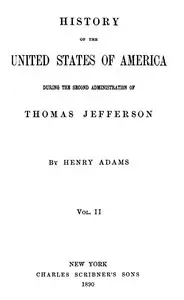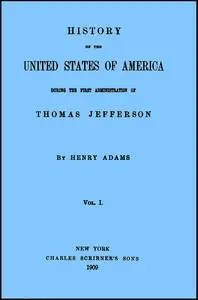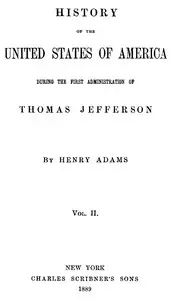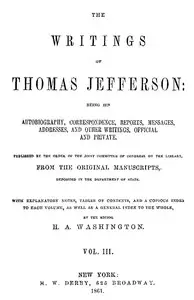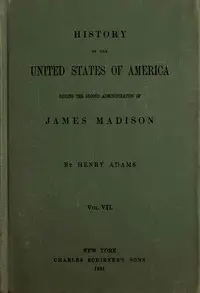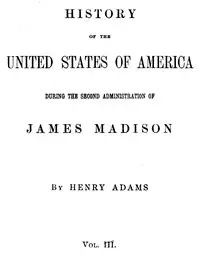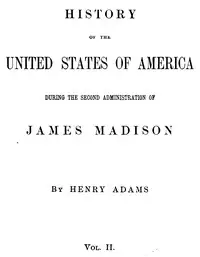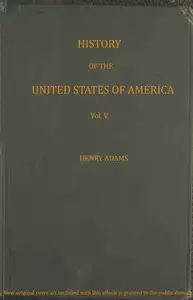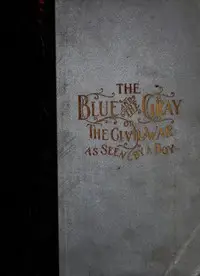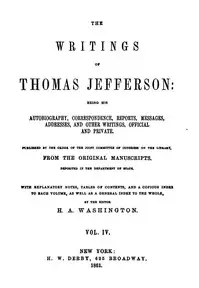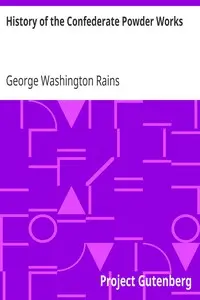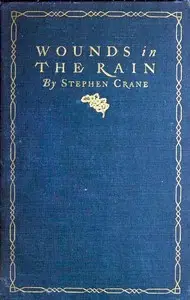"History of the United States of America, Volume 3: During the Second Administration of Thomas Jefferson" by Henry Adams is a recount of crucial events that transpired during Thomas Jefferson's second presidency, spanning from 1805 to 1809. It reviews themes such as the expansion of infrastructure, navigating international alliances, and milestones like the procurement of the Louisiana territory, as well as engagements with indigenous communities. The narrative begins with Jefferson's second inaugural speech, which echoes triumphs of the past while reaffirming his governing values. It highlights Jefferson's approach to critical matters, like a foreign policy rooted in moral principles, financial overhauls geared towards national betterment, and the intricate equilibrium between federal and state authority. Jefferson’s management of divisions inside his own political party, along with diplomatic dialogues with Spain concerning land disputes, especially in Florida, underscore the increasing conflicts and aspirations of a budding nation establishing its position on the global arena. This part provides a framework for understanding the trials Jefferson encountered while in office, and it establishes the framework for the comprehensive dialogue that follows.
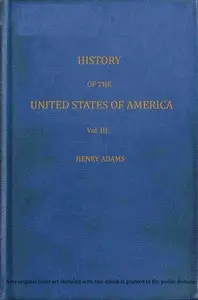
History of the United States of America, Volume 3 (of 9) : $b During the second administration of Thomas Jefferson
By Henry Adams
Amidst growing international tensions and domestic political challenges, a president struggles to balance expansion, diplomacy, and the foundational principles of a young nation.
Summary
About the AuthorHenry Brooks Adams was an American historian and a member of the Adams political family, descended from two U.S. presidents. As a young Harvard graduate, he served as secretary to his father, Charles Francis Adams, Abraham Lincoln's ambassador to the United Kingdom. The posting influenced the younger man through the experience of wartime diplomacy, and absorption in English culture, especially the works of John Stuart Mill. After the American Civil War, he became a political journalist who entertained America's foremost intellectuals at his homes in Washington and Boston.
Henry Brooks Adams was an American historian and a member of the Adams political family, descended from two U.S. presidents. As a young Harvard graduate, he served as secretary to his father, Charles Francis Adams, Abraham Lincoln's ambassador to the United Kingdom. The posting influenced the younger man through the experience of wartime diplomacy, and absorption in English culture, especially the works of John Stuart Mill. After the American Civil War, he became a political journalist who entertained America's foremost intellectuals at his homes in Washington and Boston.

